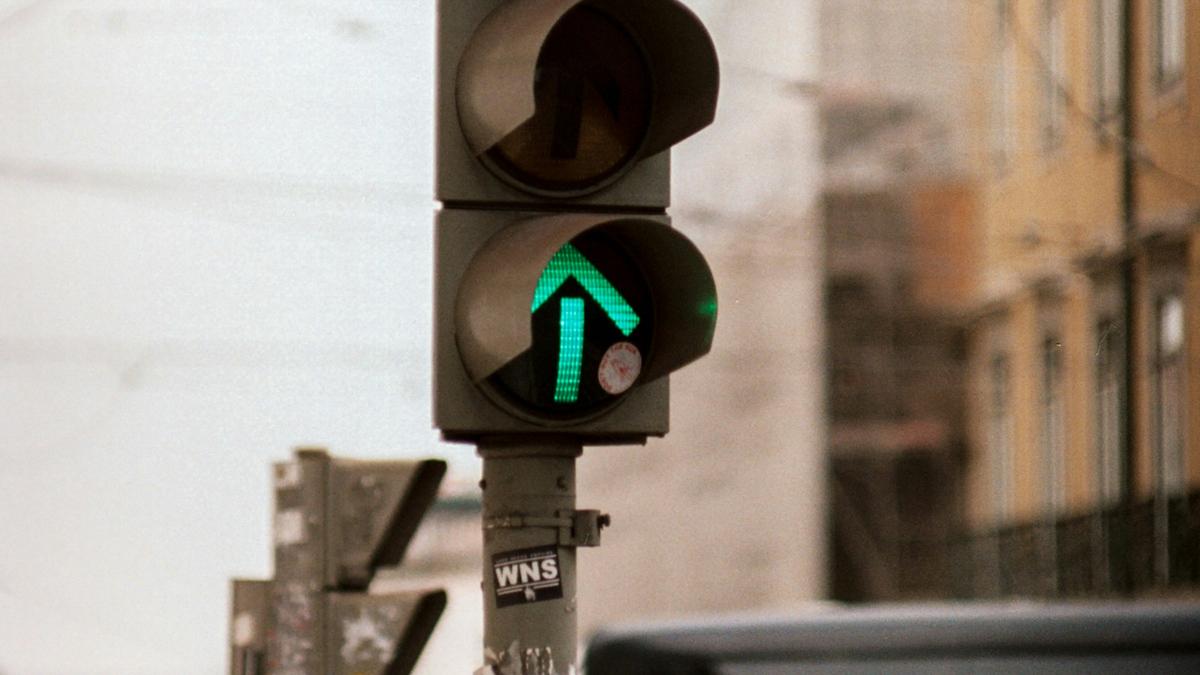Abeona prices rare cell disorder gene therapy at $3.1m

Abeona Therapeutics' Zevaskyn, a cell therapy based on engineered keratinocytes harvested from patients, has been approved in the US as a treatment for the rare skin disorder recessive dystrophic epidermolysis bullosa (DEB).
The Cleveland, Ohio-based biotech has set a price of $3.1 million for the one-shot treatment, as well as an outcomes-based system that would reimburse part of the cost of Zevaskyn (prademagene zamikeracel) if patients need additional therapy.
DEB is one of the more severe forms of the epidermolysis bullosa (EB) group – sometimes referred to as "the worst disease you have never heard of" – which is characterised by fragile skin that can split and blister even with minor mechanical friction.
In severe cases, it can lead to internal blistering of the mouth, oesophagus, lower gastrointestinal tract, upper airway, and genitourinary tract, and also raises the risk of infections and skin cancer.
Zevaskyn is the first cell-based therapy for the disorder and only the second treatment for a form of EB after Krystal Biotech's gene therapy Vyjuvek (beremagene geperpavec), which got a green light in 2023 from the FDA to treat DEB patients aged six months or over with both recessive and the milder dominant forms of the disease.
Both treatments are applied to the wounds that develop in patients with DEB, with Zevaskyn taking the form of gene-modified cellular sheets that are administered in a one-off surgery and can be joined together to cover large areas and produce a form of collagen that is deficient in DEB.
In contrast, Vyjuvek is administered weekly via a topical gel and costs around $631,000 per patient per year. The drug earned Krystal almost $291 million in 2024, its first full year on the market.
Abeona is offering a partial, but unspecified refund on the price of Zevaskyn if patients need additional wound treatment within three years.
The approval is backed up by the phase 3 VIITAL study and an earlier phase 1/2a study, which have shown statistically significant improvements in wound healing and pain reduction in large chronic recessive DEB wounds over a period of up to eight years.
Zevaskyn was turned down by the FDA in 2023 because of issues with manufacturing and quality data in Abeona's marketing application, with the company noting at the time there were no issues raised with safety or efficacy.
The cell therapy will start to become available in the third quarter of this year, said the company, and has also earned it a rare paediatric disease priority review voucher (PRV), which can be worth upwards of $100 million if sold off to another company.
Dr Anna Bruckner, who runs an EB clinic at Children's Hospital of Colorado, said the approval of Zevaskyn "marks a monumental step forward for individuals living with RDEB and their families, offering a much-needed, long-lasting treatment option for this devastating condition and providing hope for improved quality of life for these patients."
Photo by Portuguese Gravity on Unsplash











